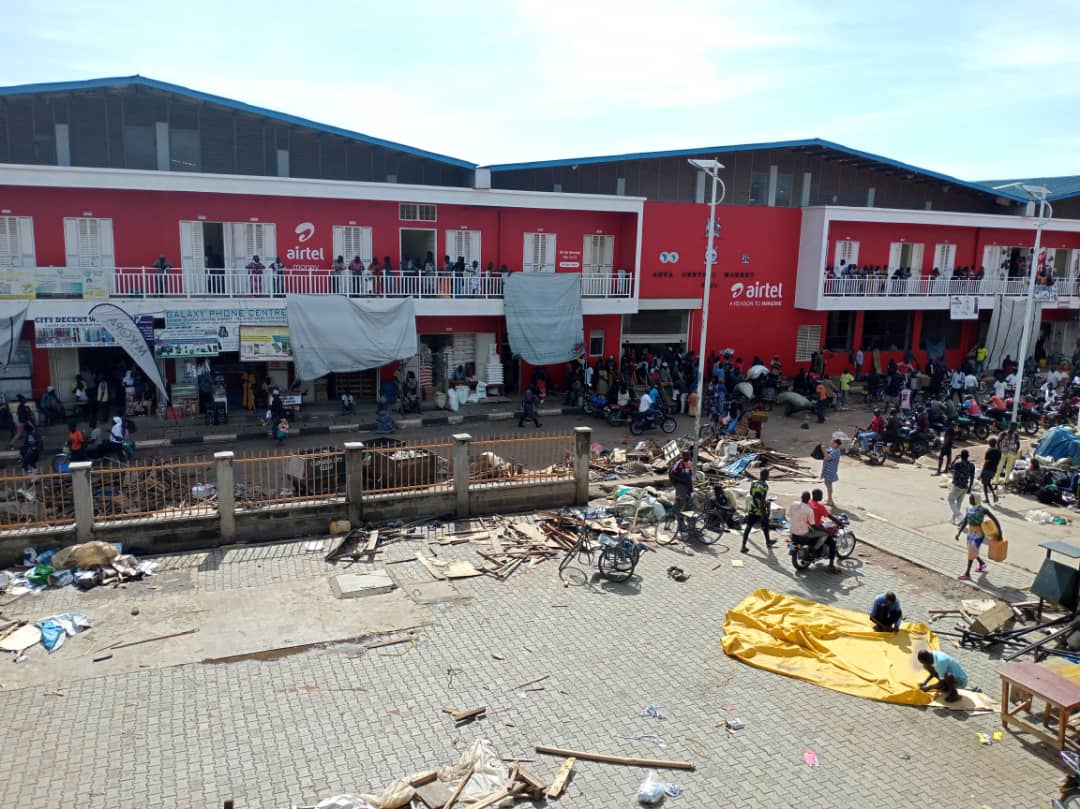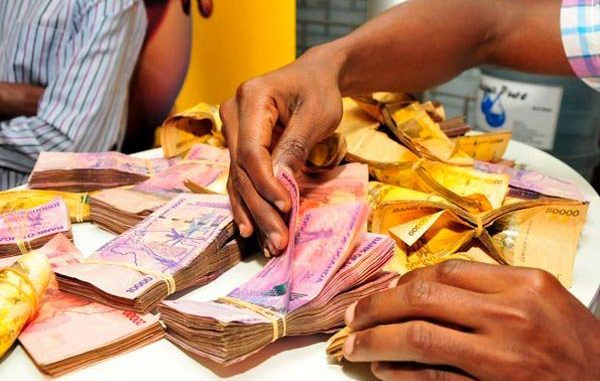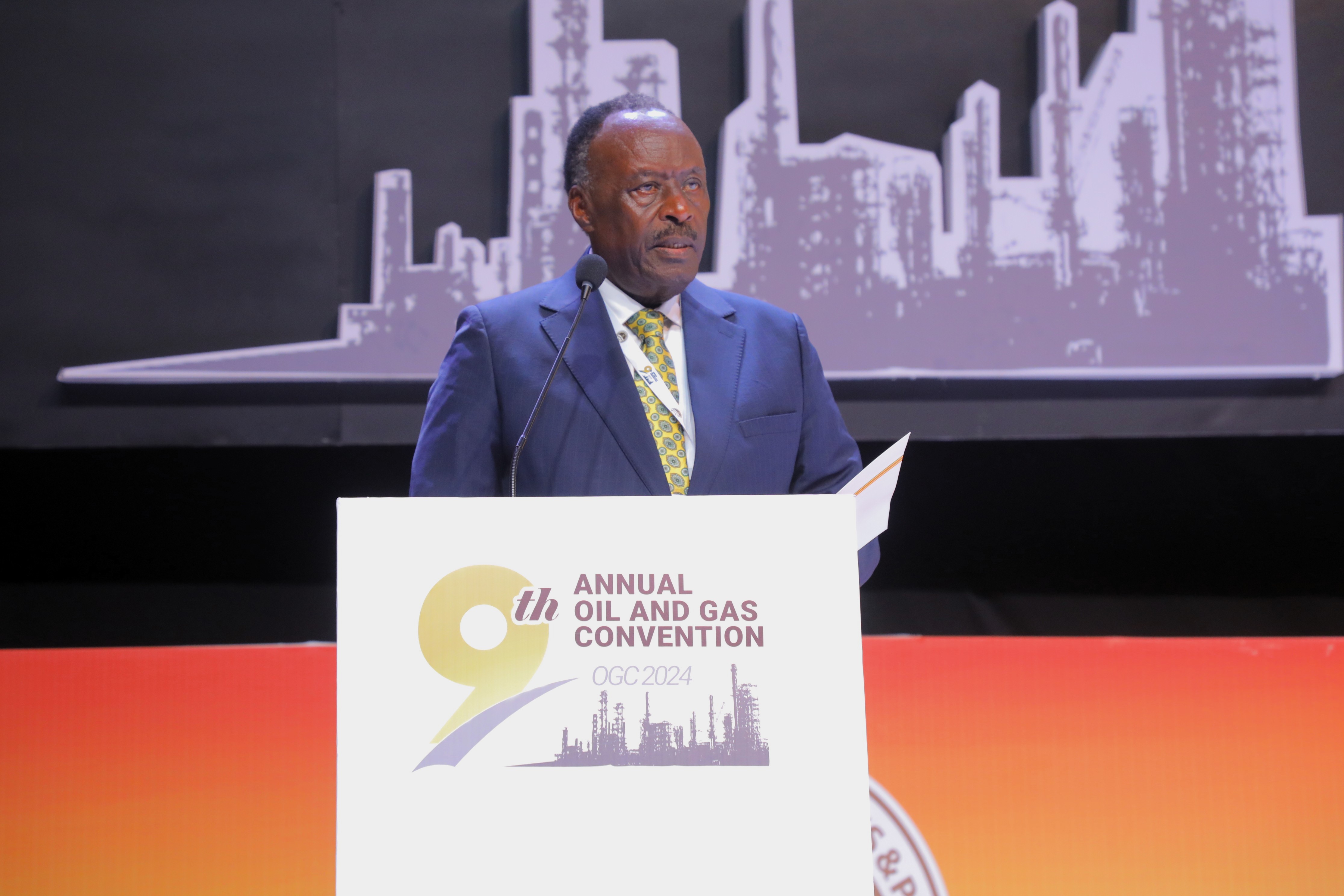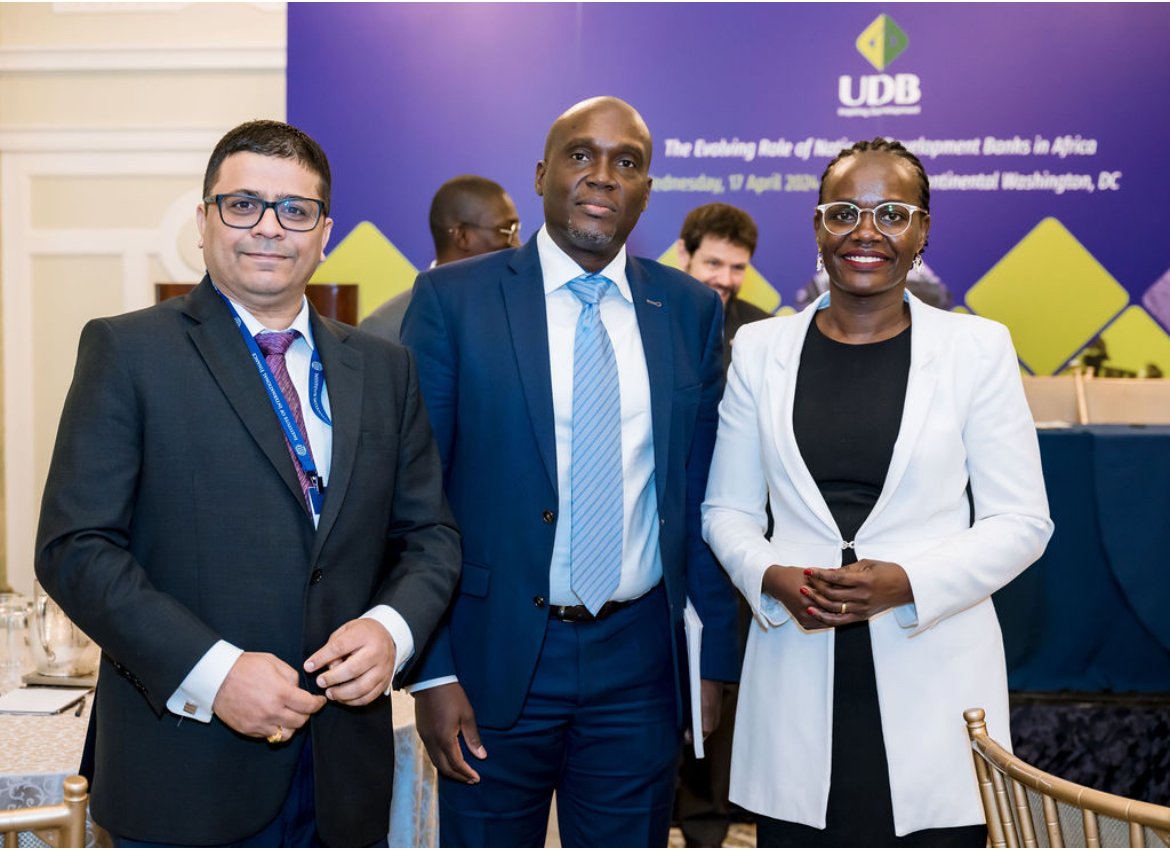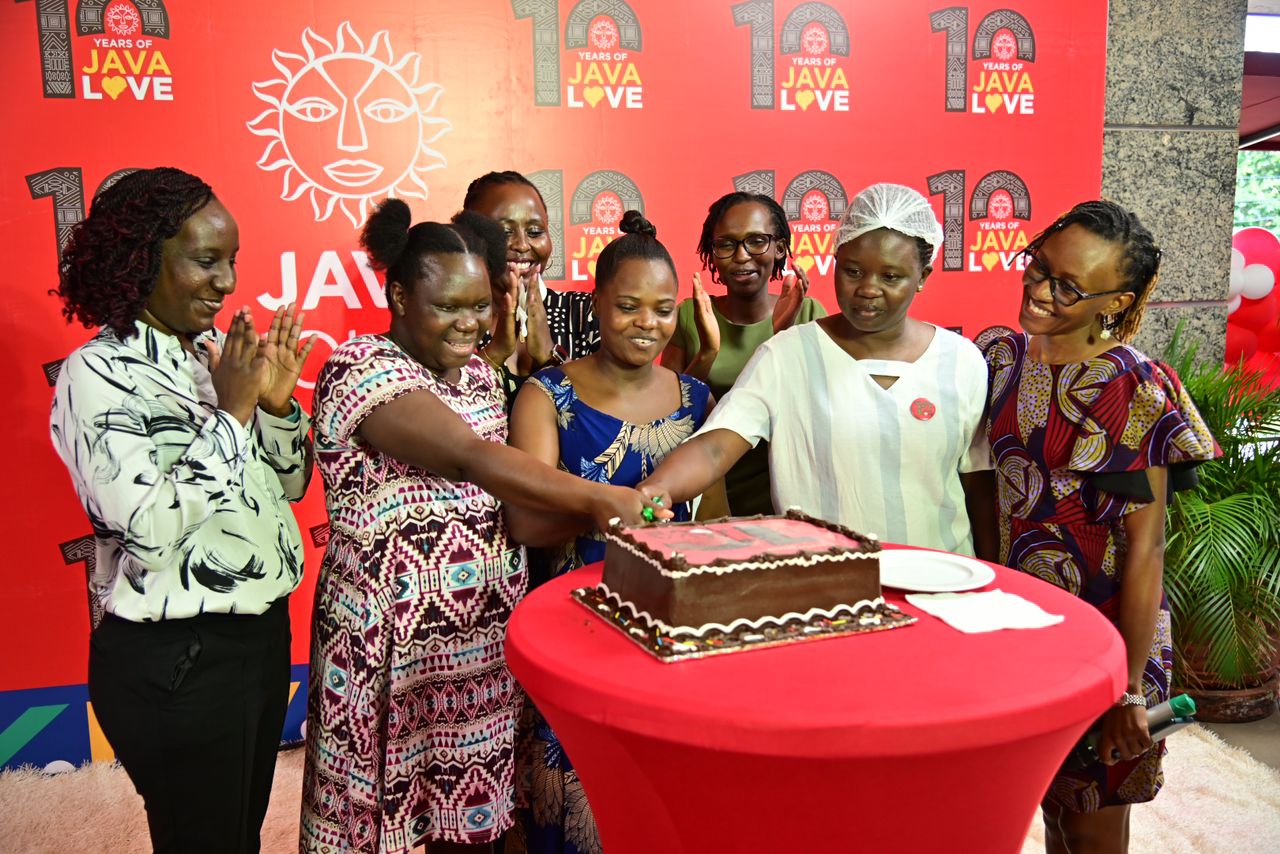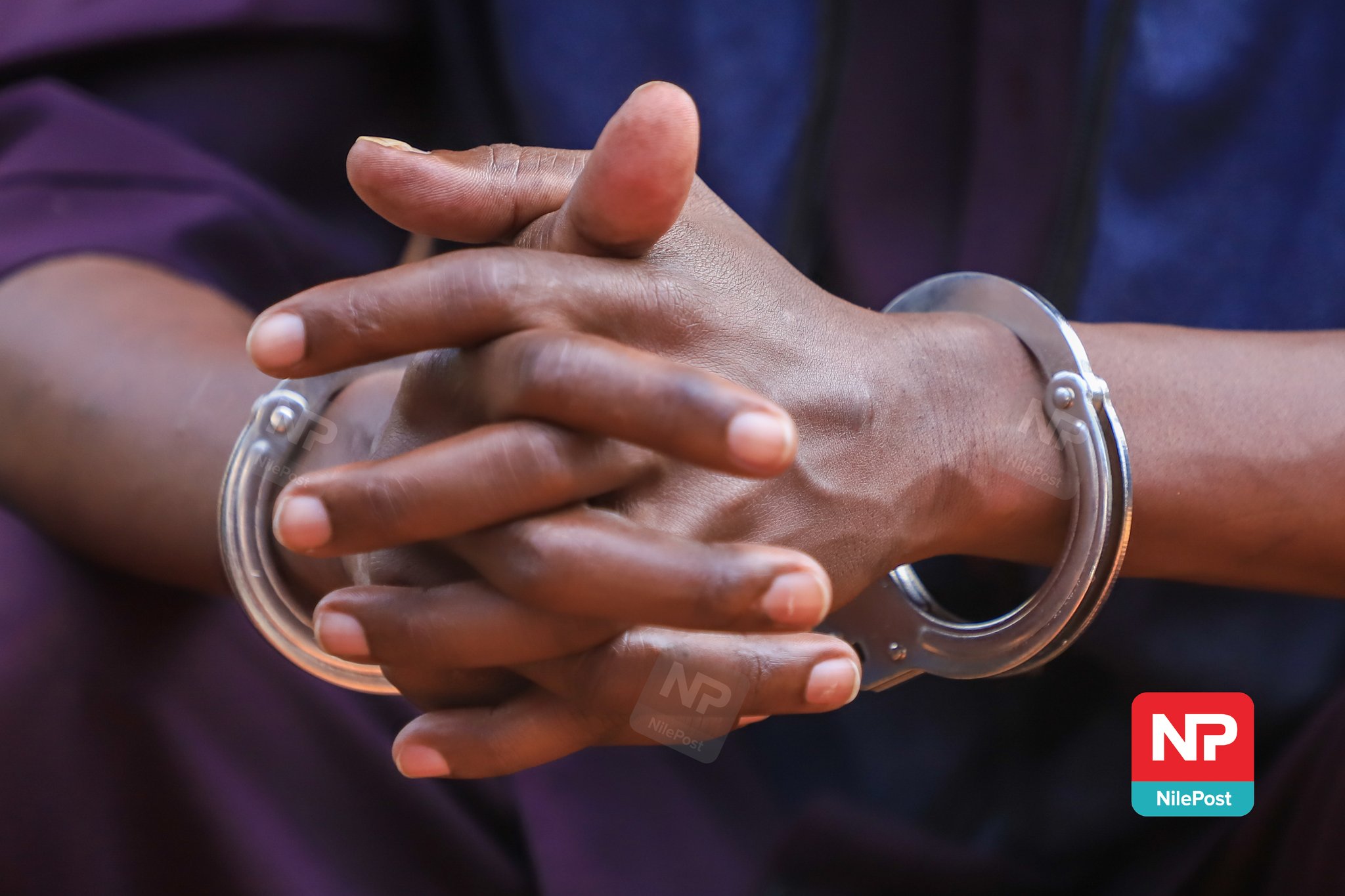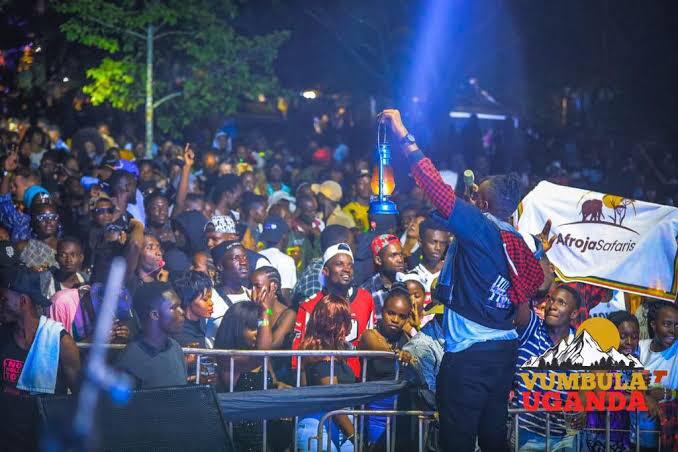Part 2: When Justice Kavuma said it was okay for military to invade court
Investigations
In the second part of the life and times of Justice Steven Kavuma, who retired from the bench last month, we delve into some of his court rulings that intrigued the nation.
With Justice Steven Kavuma, a self professed NRM die hard, at the Constitutional court, President Museveni was cocksure that in the future, there won’t be any unpleasant surprises coming from the court, as the case was in 2004.
Kavuma soon laid out the trajectory he was going to take in his judgments for the years he would spend in the Judiciary. The opportunity came in 2005 when Lt Gen Henry Tumukunde, who had fallen out with government, petitioned the Constitutional court challenging Museveni’s decision to force him out of parliament as an army MP.
Kavuma never disappointed the powers that be when on March 7, 2005, he joined three other judges in dismissing the petition.
Of the four judges who ruled to dismiss Tumukunde’s petition, Kavuma’s judgment shocked the legal fraternity the most because he reasoned that the “decisions of the President cannot be challenged”.
Later, following an appeal by Tumukunde, the Supreme court, led by Justice George Wilson Kanyeihamba, quashed the judgment by Kavuma and his colleagues saying that it was unconstitutional for Museveni and the army leadership, to force the former spy chief and bush war veteran, into resigning from parliament.
Now, as fate would have it, Kavuma’s appointment as a judge who interprets the constitution, coincided with an era in which Museveni’s rivalry with his former physician Dr Kizza Besigye, for power, was becoming bloody. With the 2006 presidential elections around the corner, Besigye had mounted arguably the biggest political assault on Museveni’s hold on power, forcing the state to resort to the dark arts.
On November 15, 2005, with a few days to the nomination, the military struck, arrested Besigye, and consequently charged him with treason, an offence that attracts a death sentence, and rape, an offence he had allegedly committed as far back as 1997.
As the population was coming to terms with the arrests which were construed by some people as attempts by Museveni to derail Besigye’s well oiled campaign machine - the unthinkable happened.
On November 16, 2005, a paramilitary unit, commonly known as Black Mamba, oozing with artillery, stormed the High court in Kampala and re-arrested Besigye and 22 other suspects, who had been granted bail. The following day Besigye and his co-accused were charged with the offences of terrorism and illegally being in possession of fire arms, in the General Court Martial presided over by Gen Elly Tumwine.
All these charges would later crumble like a cookie.
Predictably, there was world-wide condemnation of the siege and many human rights groups termed it as an affront on the independence of the judiciary.
Justice Edmund Sempa Lugayizi, who was handling the case, couldn’t take it anymore, stepped down and Justice James Ogoola, the then Principal judge who had earlier described the raid as the “rape of the temple of justice” composed a poem.
“From thin air they came, bedecked chameleon in black camouflage. Like a swarm of angry wasps, the Praetorian Guard descended on the holy ground,” Ogoola renowned poet wrote. “Their ferocious fangs unfurled, their vicious sting darting-ready to strike. Warlike, they came: wearing the bellicose face of terror, the malevolent mask of horror.”
With the battle lines drawn, the Uganda Law Society (ULS), mobilized its topnotch lawyers who included: Godfrey Lule, Peter Mulira, David Mpanga and Medard Lubega Sseggona, who is now Busiro East MP legislator to challenge the state’s actions.
Since it was a constitutional petition a panel five Justices led by then deputy chief justice Leticia Mukasa- Kikonyongo, Galdino Okello, George Engwau , Constance Byamugisha and Kavuma, himself, was constituted .
The panel framed six issues which would guide their judgment: the first was whether acts of security agents at the premises of the High court on the 16th November, 2005 contravened Articles 23 (1) and (6), 28 (1) and 128 (1), (2) and (3) of the Constitution; secondly, whether the concurrent proceedings in the High Court Criminal Case No. 955 of 2005 and the General Court Martial case No. UPDF/Gen/075/05 against the accused contravene Articles 28 (1) and 44 (c) of the Constitution and inconsistent with Articles 28 (9) and 139(1) of the Constitution; third, whether sections 119 (g) and (h) of the Uganda People's Defence Forces Act of 2005 is inconsistent with Articles 28 (1), 126(1) and 210 of the Constitution; fourth, whether the joint trial of civilians and members of the Uganda People's Defence Forces in military court for offences under the UPDF Act is inconsistent with Articles 28 (1), 126 (1) and 210 of the Constitution; fifth whether the trial of the accused before the General Court Martial on a charge of terrorism contravenes Articles 22 (1), 28 (1) and 126 (1) of the Constitution and lastly, whether the trial of the accused for the offences of terrorism and unlawful possession of firearms before the General Court Martial is inconsistent with Articles 28 (1), 120 (1), (3)(b) and (c), 126 (1) and 210 of the Constitution.
The petition by ULS raised several issues that would go ahead to impact on Uganda’s jurisprudence for the years to come. What, nevertheless, was key here among all the issues raised by the law society was the independence and impartiality of the judiciary which was clearly compromised when the Black Mamba attacked the High court. The stakes were high, nevertheless, four Justices: Kikonyongo, Okello , Engwau and Byamugisha rose to the occasion thereby ruling that attack was unconstitutional since “It did not only threaten the independence of the judiciary and impartiality of courts at the time but continued as a looming danger”
“I must say that this court is not questioning either the Executive's decision for the presence of those men at that place or their reason for it. It is the effect of the behavior of those armed men when they were at the High court premises that we are concerned with, “Justice Okello ruled.
“Their surrounding the High court premises, wielding sophisticated guns, and taking positions within the High court premises were intimidating to the judicial officers and to all those working in the judiciary. That is the obvious perception of a right thinking onlooker. The deployment could have taken a non-intimidating form.”
But Justice Kavuma, in the first sign of his notoriety, and perhaps to appease the appointing authority, dissented, ruling, that it was fine for the military to attack the High court, which is a symbol of Uganda’s judiciary even before independence. Though other Judges had taken the attack as an affront on the rule of law, Kavuma in his typical cavalier style stated: “The deployment of a unit of the UPDF at the said court and the acts undertaken there under were first and foremost for security reasons based on intelligence information available to those responsible for the security of this country and secondly for ensuring that the accused did not disappear from the course of justice.”
He further rubbished submissions by ULS lawyers which were to the effect that intervention of by military at the High court was neither necessary nor requested for by judicial authorities. He also saw no merit in ULS’s arguments that the High court should have been alerted about the operation beforehand.
“It is not always necessary or practicable to do so,” Kavuma started.
“This being a security matter, the dictates of the nature of the intelligence information available to the executive and the nature of the operation called for in the circumstances must have, understandably, rendered it impracticable for such advance information to be divulged to the authorities.”
“I take judicial notice of the fact that many times intelligence information regarding security operations and the decision to conduct them and indeed the reasons for such operations are matters treated with extreme confidentiality and secrecy in the interest of national defence and security.”
In his inconsequential judgment, Kavuma did not shy away from pointing out, how much power the constitution gives to the person perhaps he adores the most: Museveni. “The decision to deploy the UPDF at the High Court that day and the acts that accompanied it, are certainly a matter that lies within the province of the executive authority of this country which article 99 of the Constitution vests in the President,” Kavuma ruled.
As a result of such judgments, Isaac Ssemakadde of the Centre for Legal Aid says that Kavuma hasn’t contributed much to development of Uganda’s jurisprudence.
“There is no single decision of his that has been recognized as a high water mark whether in advancement of human rights, criminal justice, commercial law or constitutional law or any other field of law,” Ssemakadde said.
Prof Frederick Ssempebwa, a renowned constitutional lawyer, agreed with when Ssemakadde.
“I don’t know much in regard to his legacy,” Ssempebwa said.
we haven’t seen any prominent judgment coming from him. On the other hand, all he leaves are controversies. He leaves a legacy of controversies.”
In the third part tomorrow, we continue to highlight some of Kavuma’s controversial rulings.



